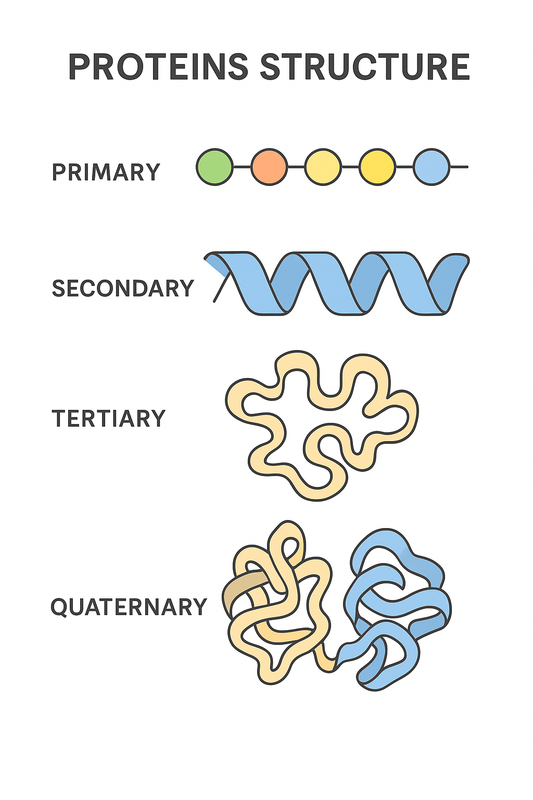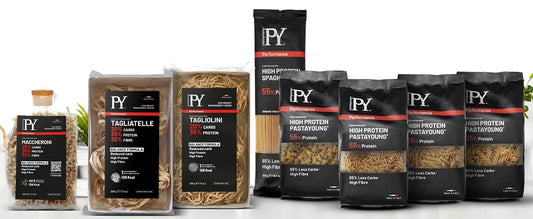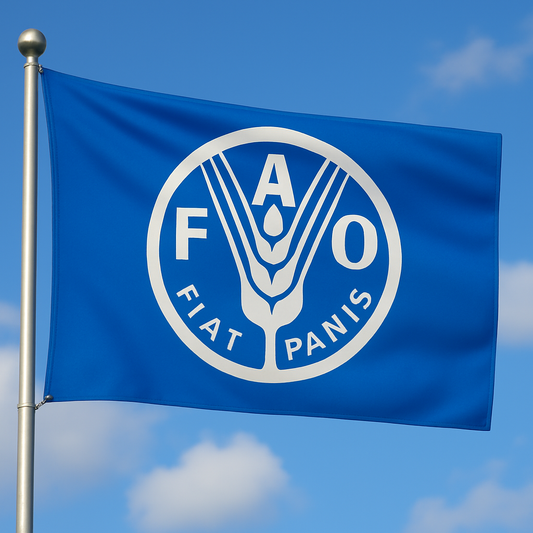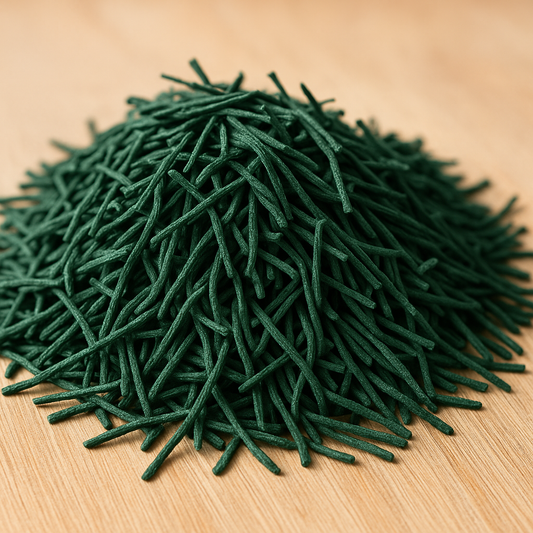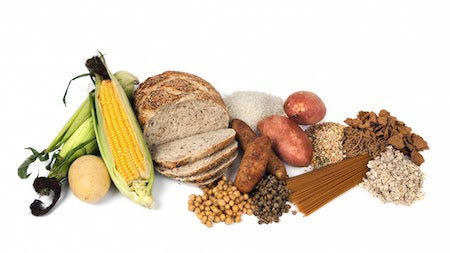
The carbohydrates
Share
Carbohydrates are all those molecules generally known as sugars. They consist essentially of carbon, hydrogen and oxygen (hence the name).
The best known sugar is glucose or common kitchen sugar.
Depending on whether carbohydrates are made up of just one sugar or a sugar chain, they are called monosaccharides or polysaccharides. Polysaccharides are a wide family, ranging from cellulose to starch.
From a nutritional point of view, sugars are our main source of energy and their metabolism is controlled by insulin: high level of sugar in blood stimulates the production of insulin.

When our brain needs energy, it finds it in glucose. If glucose is not needed for energy production, it is stored as glycogen (a polysaccharide) in the liver and muscles cells. The plants instead store it as starch and arthropods use it for chitin production. The human body, thanks to an enzyme called alpha-amylase, is able to recover sugar from starch, while it is unable to break the chains of cellulose and chitin, so from the energetic point of view these molecules can be considered neutral.
The glycemic food index is the way to measure the available amount of glucose in the blood given by a certain food. A high concentration of glucose in the blood has two effects: it gives sense of satiety and stimulates the production of insulin.
Complex carbohydrates are digested and absorbed slower than the simple ones, so the concentration of glucose tends to remain constant and low for a longer period of time and thus contribute to a longer sense of satiety.

